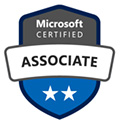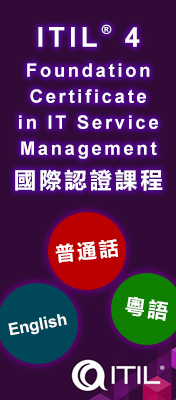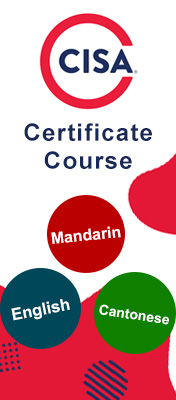|
As a Microsoft 365 Teams Administrator Associate, in this position, you play a critical role in configuring, maintaining, and optimizing internal and external collaboration within Teams and Microsoft 365.
This course focuses on empowering you with the skills needed to handle various aspects of Teams administration, including managing teams, channels, chat, apps, calling, meetings, and events.
Key areas covered include the operational aspects of Teams clients and devices, configuration of Teams Phone services, and collaboration with stakeholders responsible for networking, identity, licensing, information management, and user adoption.
Key Responsibilities Covered
- Configuration and management of Teams, channels, chat, apps, calling, meetings, and events.
- Oversight of phone numbers and services for Teams Phone.
- Management of operational aspects related to Teams clients and devices.
- Collaboration with teams responsible for networking, identity, licensing, information management, and user adoption.
- Implementation of advanced Teams Phone and Teams Rooms scenarios in collaboration with system engineers.
- Planning and implementation of governance, security, and compliance measures for Teams.
Course Benefits
By completing this certification, you will gain a deep understanding of Microsoft Teams administration, making you a valuable asset in any organization leveraging Microsoft collaboration solutions.
The skills acquired will enable you to enhance collaboration, communication, and productivity within the Teams environment.
This certification is a testament to your expertise in Microsoft Team services and your ability to implement and manage advanced Teams configuration scenarios.
Join us on this learning journey to become a Microsoft 365 Certified Teams Administrator Associate and elevate your career in the world of modern workplace collaboration!

Microsoft 365 Certified Teams Administrator Associate
About the course
Our training course will guide you through carefully selected exam topics, along with real-life examples, practical demonstration and business cases of implementing, verifying and maintaining various Microsoft Team’s features.
Evaluations, Pros and Cons and may be comparisons of different Microsoft 365 messaging and collaboration products would be verbally provided throughout the training course.
As Microsoft has been partnering with multiple 3rd party vendor Teams-related ecosystems, it is inevitable that a small portion of the course time would be spent on briefly discussing popular partner security solutions.
Our senior instructor Mr. Larry Chan would give you advise, tricks and tips on various Teams-related products.
|




